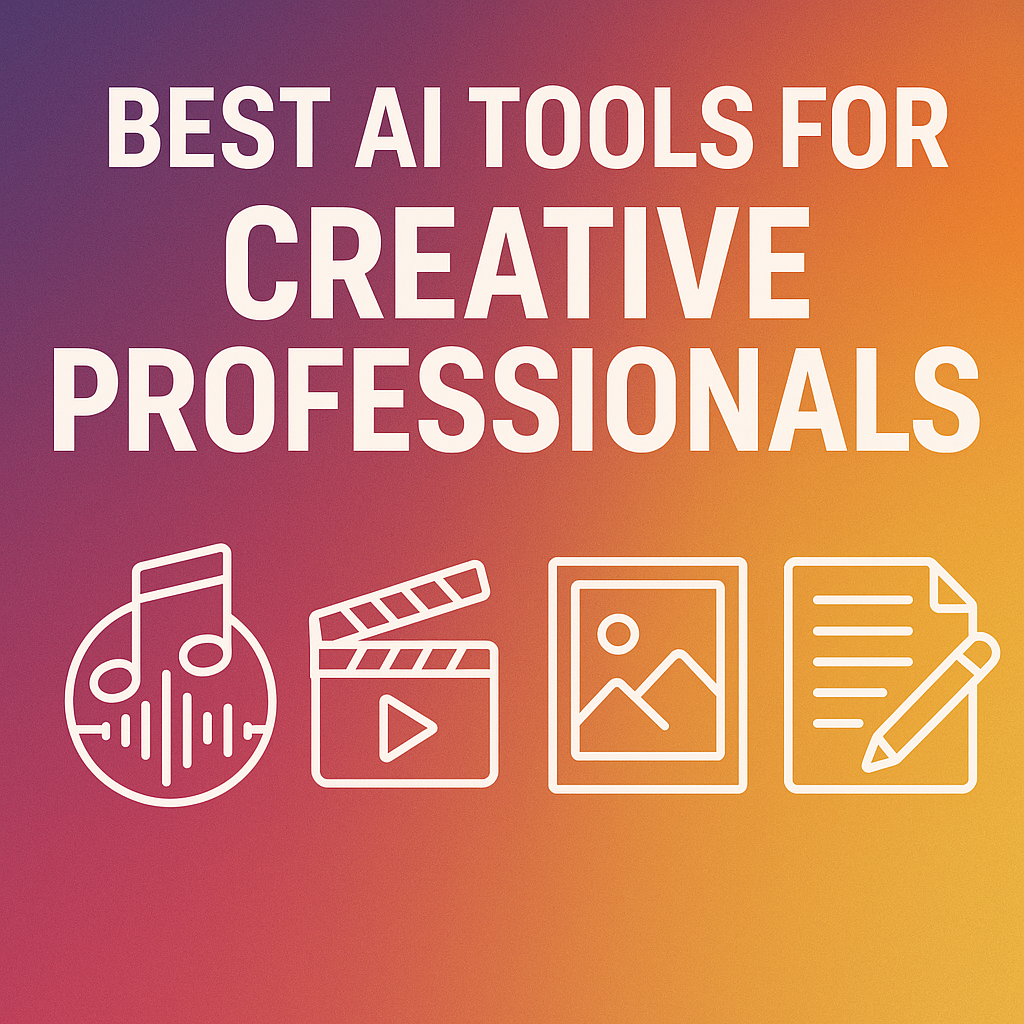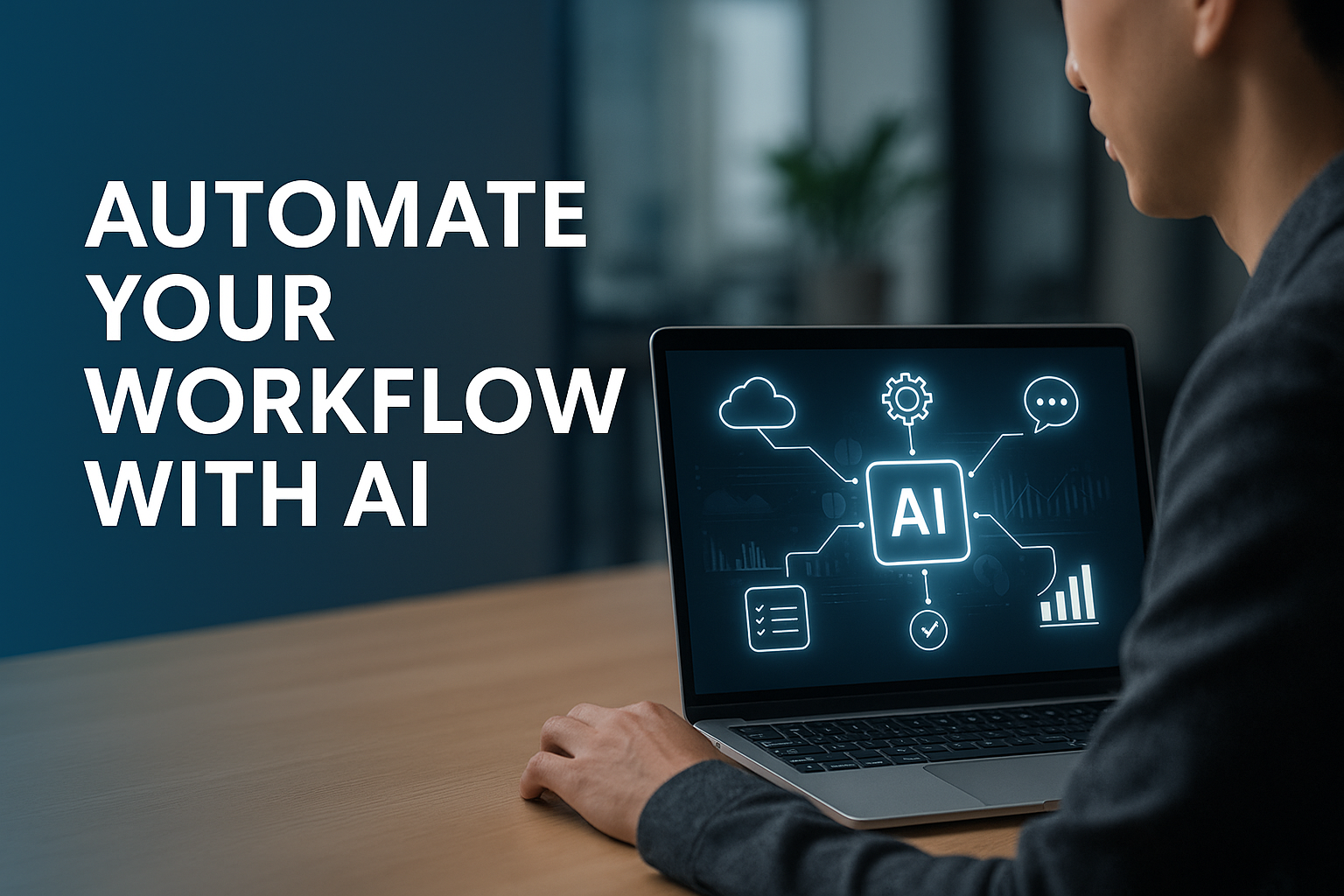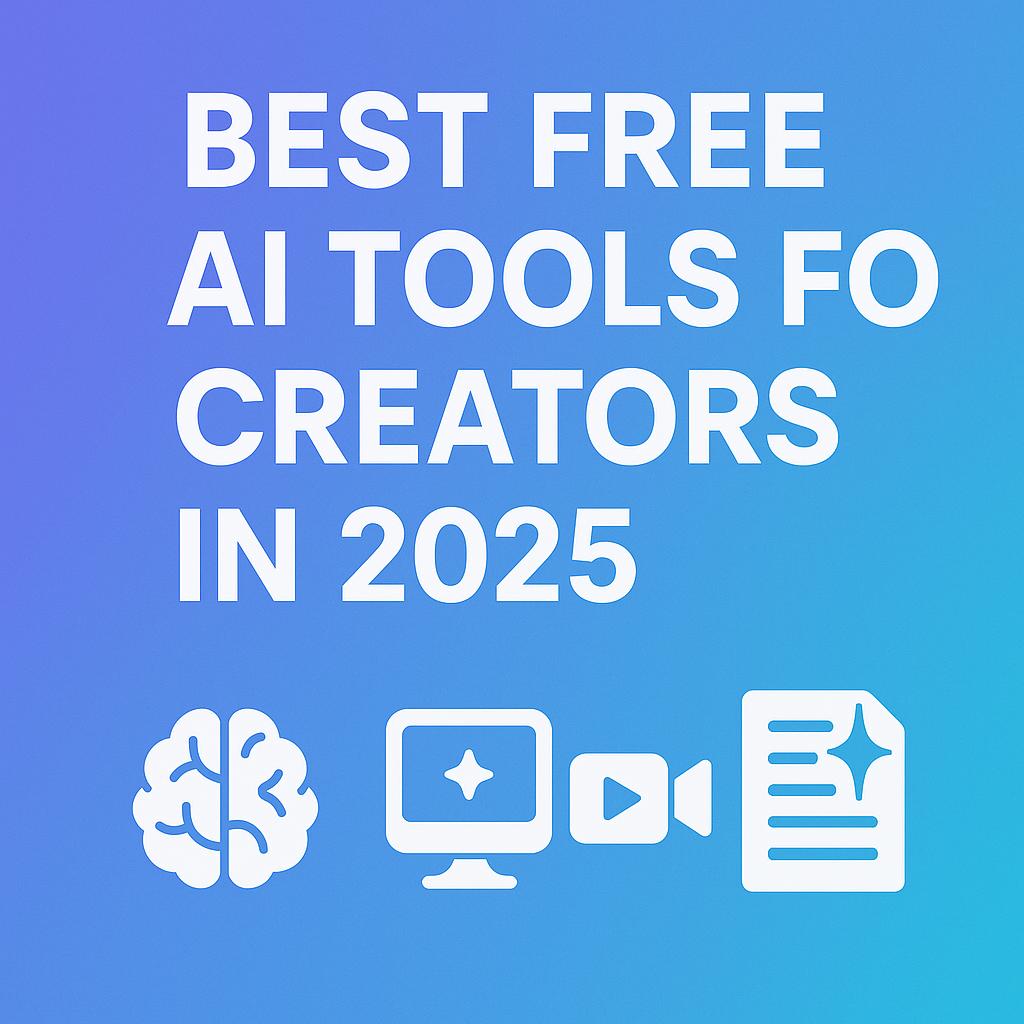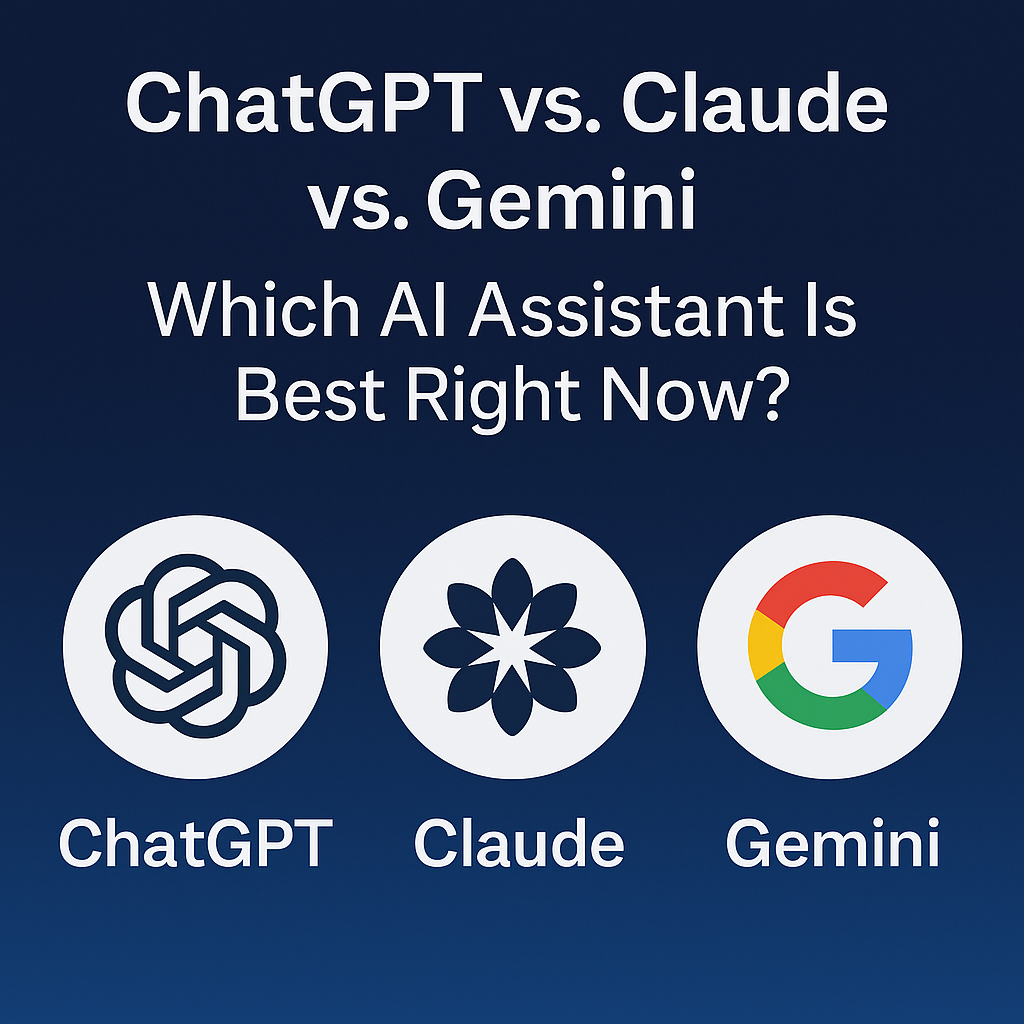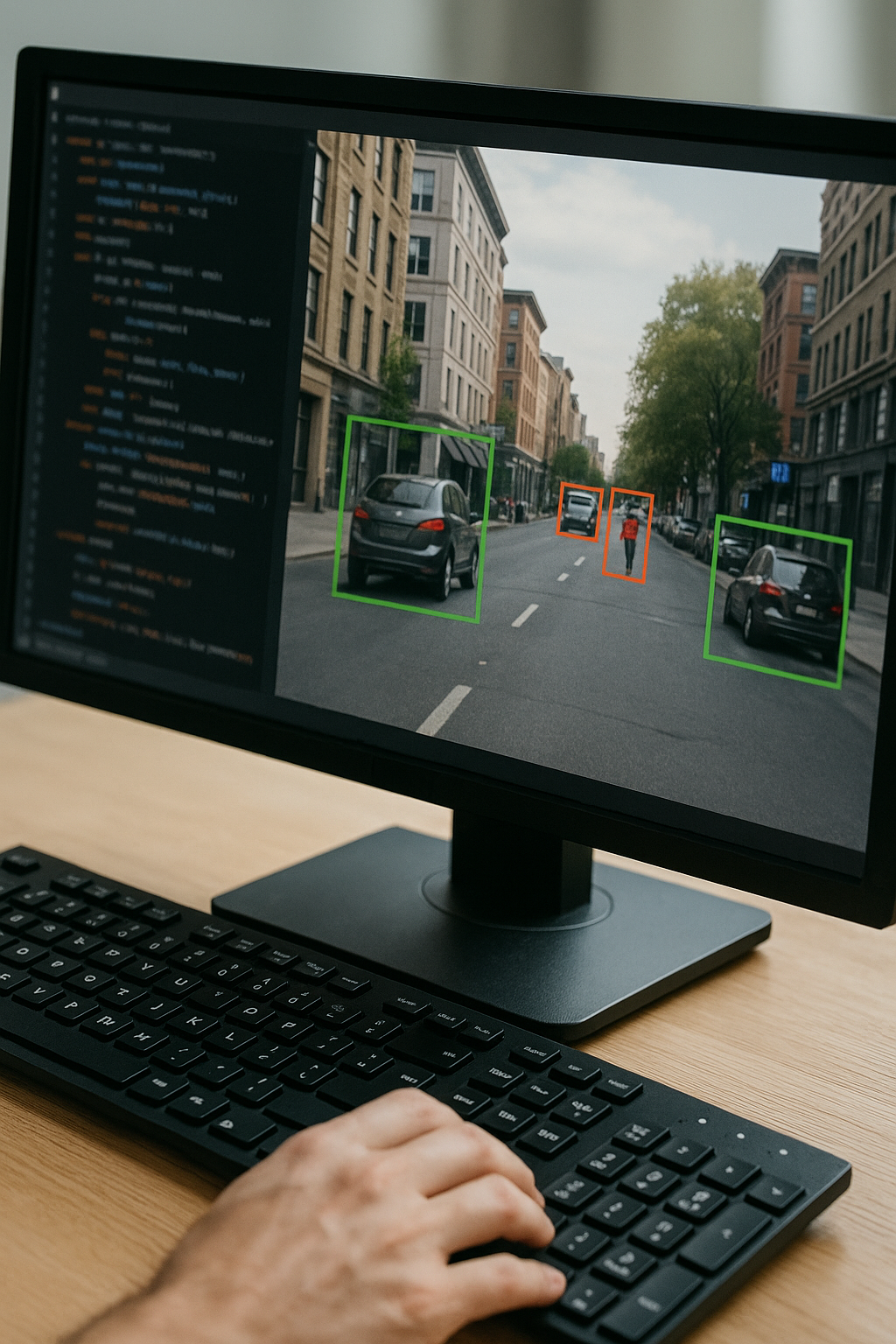Understanding AI
A Beginner's Guide to the Technology Shaping Our Future
AI has transcended its origins in science fiction to become a cornerstone of modern technology. From the moment you unlock your phone with facial recognition to receiving personalized shopping recommendations, AI is quietly revolutionizing how we live and work. In this comprehensive guide, we'll explore the fascinating world of AI, its evolution, and its profound impact on our society.
The Rich History of Artificial Intelligence
The Early Dreams
The story of AI begins long before the first computer was built. Ancient myths and stories across cultures spoke of artificial beings endowed with intelligence or consciousness. However, the real journey toward AI started in the 1940s with the development of programmable computers.
The Birth of Modern AI
The field of AI as we know it today was officially born during the historic Dartmouth Conference in 1956. Led by John McCarthy, Marvin Minsky, Nathaniel Rochester, and Claude Shannon, this summer workshop laid the foundation for AI research. The participants made the bold assertion that "every aspect of learning or any other feature of intelligence can be so precisely described that a machine can be made to simulate it."
The AI Winters and Renaissance
The path to modern AI wasn't always smooth. The field experienced several "AI winters" – periods of reduced funding and interest due to unmet expectations. The first major winter struck in the 1970s when early promises of human-like artificial intelligence proved more challenging than anticipated.
However, the 1990s and early 2000s saw a remarkable resurgence, powered by:
- Increased computing power
- The emergence of big data
- Breakthrough algorithms in machine learning
- Substantial private sector investment
Understanding AI: The Core Concepts
What Makes AI "Intelligent"?
At its heart, AI systems demonstrate intelligence through their ability to:
- Perceive their environment
- Process and analyze information
- Learn from experience
- Make decisions based on available data
- Adapt to new situations
The Different Types of AI
Narrow AI (Weak AI)
This is the AI we interact with today. It's designed for specific tasks like:
- Playing chess
- Recommending products
- Detecting fraud
- Driving autonomous vehicles
General AI (Strong AI)
Still largely theoretical, this would be AI with human-like general intelligence, capable of transferring knowledge between domains and showing true understanding.
Super AI
A hypothetical future AI that surpasses human intelligence across all domains.
The Building Blocks of Modern AI
Machine Learning: The Engine of AI
Machine learning represents a paradigm shift in programming. Instead of writing explicit instructions, we create systems that learn from data. This approach has proven remarkably effective across numerous applications.
Supervised Learning
In this common approach, the AI system learns from labeled examples. Think of it like a student learning from a teacher who provides correct answers. Applications include:
- Spam detection
- Image classification
- Medical diagnosis
- Price prediction
Unsupervised Learning
These systems find patterns in unlabeled data, useful for:
- Customer segmentation
- Anomaly detection
- Recommendation systems
- Pattern recognition
Reinforcement Learning
This type of learning involves an AI agent learning through trial and error, receiving rewards for desired behaviors. It's particularly useful in:
- Game playing
- Robotics
- Resource management
- Autonomous systems
Deep Learning: Mimicking the Human Brain
Deep learning represents a revolutionary advancement in AI, using artificial neural networks inspired by the human brain. These systems excel at:
- Image and speech recognition
- Natural language processing
- Complex pattern detection
- Creative tasks like art and music generation
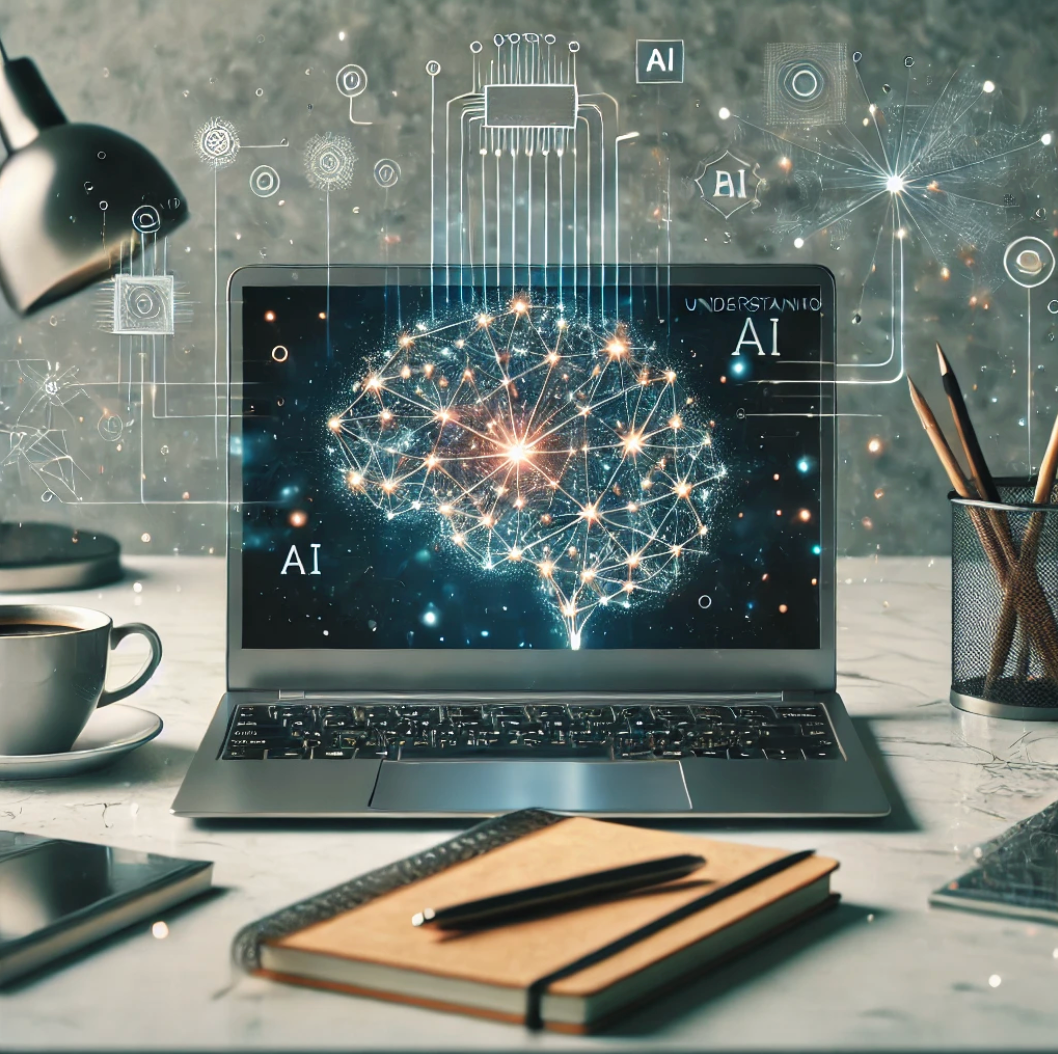
Real-World Applications
Healthcare Revolution
AI is transforming healthcare through:
- Early disease detection
- Drug discovery
- Personalized treatment plans
- Medical image analysis
- Patient care optimization
Financial Services
The financial sector has embraced AI for:
- Fraud detection
- Algorithmic trading
- Risk assessment
- Customer service automation
- Personal financial planning
Transportation and Mobility
AI is reshaping how we move:
- Self-driving vehicles
- Traffic optimization
- Ride-sharing services
- Public transportation planning
- Logistics and delivery optimization
Education
AI is personalizing learning through:
- Adaptive learning platforms
- Automated grading
- Student performance prediction
- Personalized curriculum development
- Educational resource optimization
The Future of AI
Emerging Trends
Several exciting developments are on the horizon:
- Quantum AI
- Explainable AI
- Edge AI
- AI-powered robotics
- Human-AI collaboration
Ethical Considerations
As AI becomes more powerful, important ethical questions arise:
- Privacy and data protection
- Algorithmic bias
- Job displacement
- AI safety
- Accountability and transparency
Opportunities and Challenges
The future brings both promises and concerns:
- Economic transformation
- Healthcare advances
- Environmental solutions
- Social impact
- Security implications
Preparing for an AI-Driven Future
Skills for the AI Age
To thrive in an AI-driven world, consider developing:
- Data literacy
- Critical thinking
- Emotional intelligence
- Adaptability
- Technical awareness
Take the Next Step in Your AI Journey
Don't just watch the AI revolution unfold – be part of it! Subscribe to our weekly newsletter.
Sign Up For Our Weekly Newsletter and Get Your FREE Ebook " AI For Everyone - Learn the Basics and Embrace the Future"



